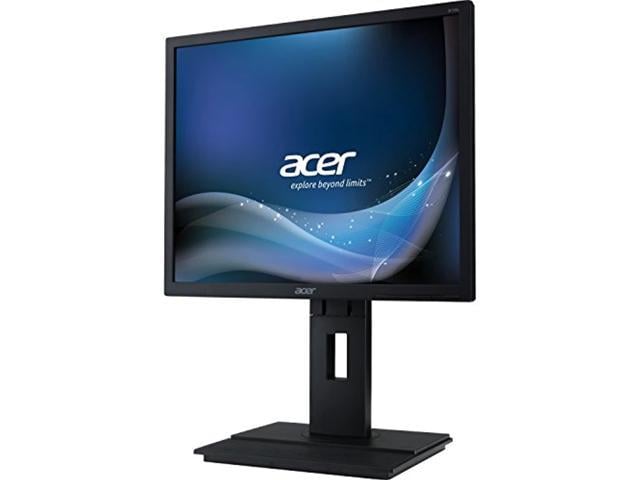“Physiaians have aZways known, though often they are reZuatant to adrrrit it, that the quaZity of their daiZy praatiae depends on the resuZts of researah • . . Irvine H. Page * The 1985 App1ied Basic Science Course distinguished itse1f for three impor tant reasons. First, it showed c1ear1y the extent to which biotechnology and biomechanics have become an integral part of orthopedics. Second, it emphasized the increasingly important role the orthopedist will have to play in the treatment of the aging population. Projected Canadian statistics estimate that the population aged 65 years and older will in crease from the current 9. 7% to 13% by the year 2000. Based on the current total population of almost 25 million, the number of hip fractures caused by age-related bone 1055 will almost double and will reach approximately 28,000 per year in Canada. Extrapolation of these figures according to populations in other countries is easy. The costs in expenditures and human suffering are inestimable. This is an area where orthopedic research will have to redouble its efforts in the hope of finding better preventive measures. Furthermore , knowledge of the pathogenetic mechanisms of bone 1055 becomes increasingly important in osteoporosis associated with weightlessness. The third impressive insight we derived from the presentations at this sym posium was the revelations of the latest imaging techniques and monitoring devices. Nuclear medicine, computer assisted tomography, and nuclear magnetic resonance are being applied to bone disease.















